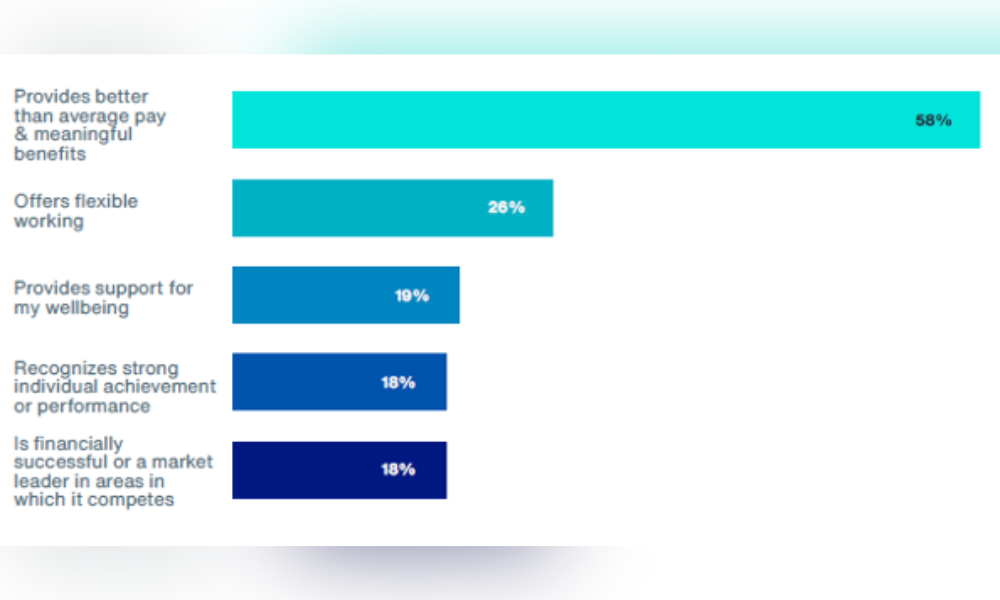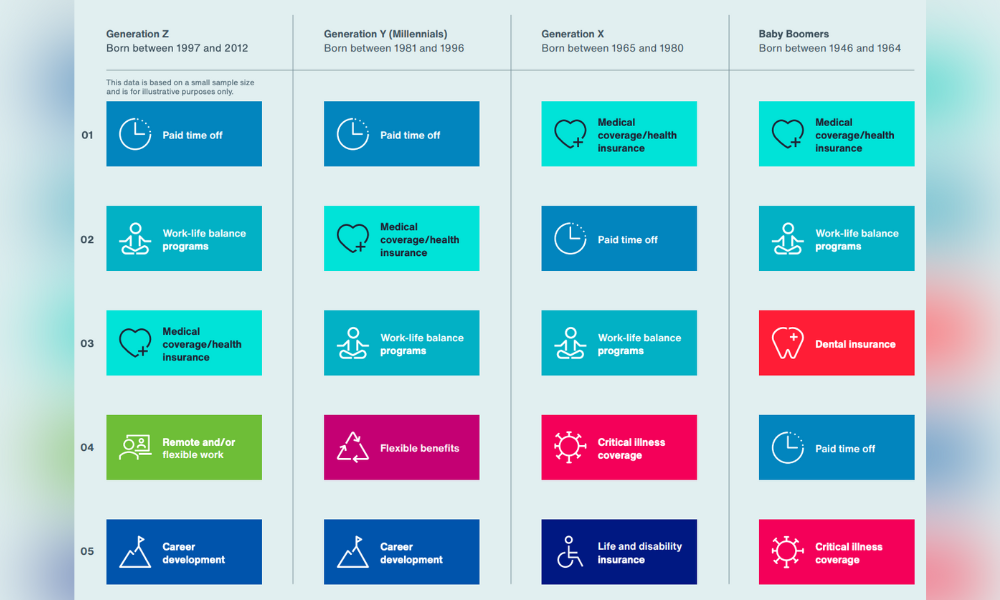
What are the top drivers attracting employees?

Two in three employees in Singapore are eyeing new employment in the next 12 months as they feel undervalued at work, according to a new report from Aon.
The global report, which included 482 respondents in Singapore, found that 67% of employees there are either in the process of moving employers or might/will seek new employment in the next 12 months.
The findings indicate widespread dissatisfaction among Singaporeans with their current job, according to the report, which also noted that 21% feel undervalued at work.
In fact, 35% are also not confident their employers ensure pay equality regardless of gender, while 12% disagree that their employer is taking necessary steps to protect their wellbeing.
As they eye new jobs, 58% of employees said employers that provide better than average pay and meaningful benefits attract them the most.

Rahul Chawla, partner and head of Talent Solutions for Southeast Asia at Aon, advised employers to foster fair and equitable workplaces where employees are rewarded for their efforts.
"Employers in Singapore must rethink their total rewards strategy to address both professional and personal needs," Chawla said in a statement. "Designing a holistic employee value proposition that recognises unique work motivations utilising data and analytics will help build a resilient workforce and enhance the employee experience."
Meanwhile, the report also found a growing premium for benefits among Singaporeans, with 65% saying they would be willing to sacrifice existing benefits for a better choice of benefits.
"It is interesting that almost two-third of the employees would be willing to sacrifice the value of existing benefits for a better choice of benefits," said Alan Oates, head of Global Benefits for Asia Pacific at Aon, in a statement.
Gen Z and Millennials value paid time off the most when it comes to benefits, while Generation X and Baby Boomers put more premium on medical coverage/health insurance, according to the report.

"In this challenging cost environment, we are successfully using flexibility and personalised benefits to better match employee needs and balance cost," Oates said.
In addition to benefits, the report further found that employees are also expecting their employers to:
Support employee wellbeing (44%)
Support with eldercare or family care (24%)
Help employees save for retirement/long-term needs (24%)
"Understanding employee expectations through data-driven insights coupled with leadership support are critical factors in creating an innovative benefits strategy that can positively impact attracting and retaining talent," Oates said.